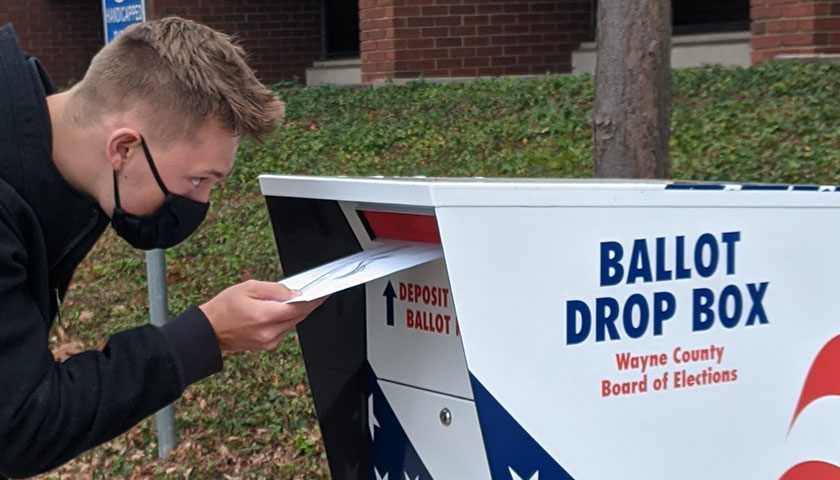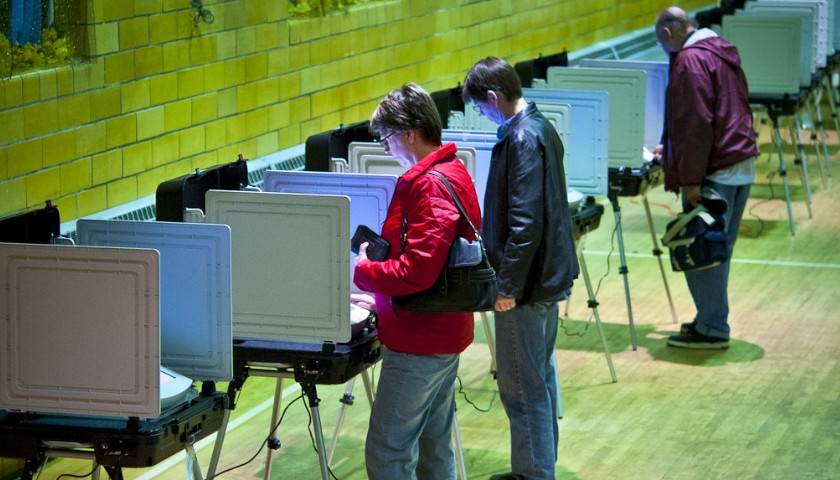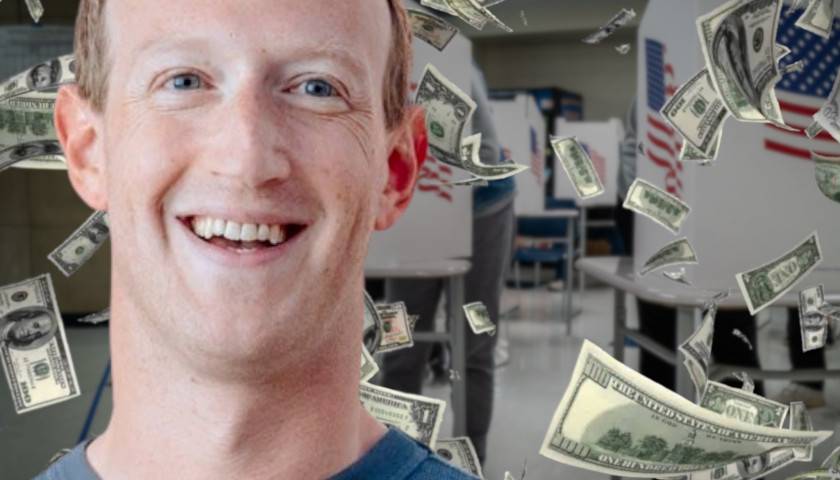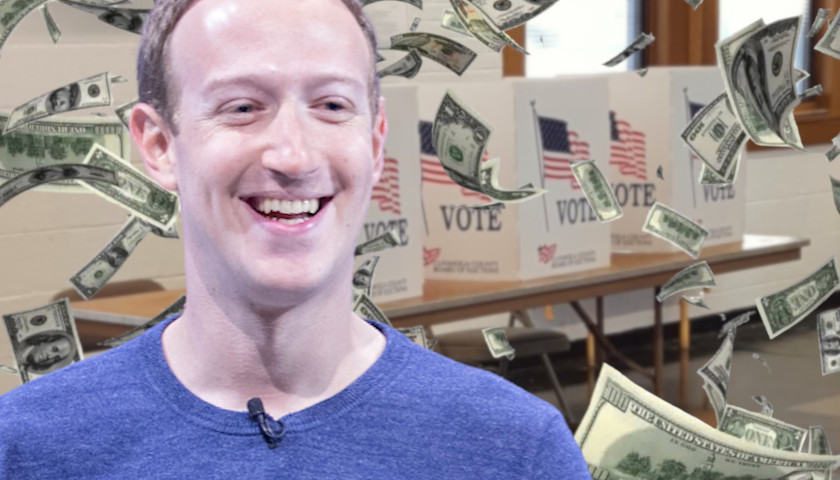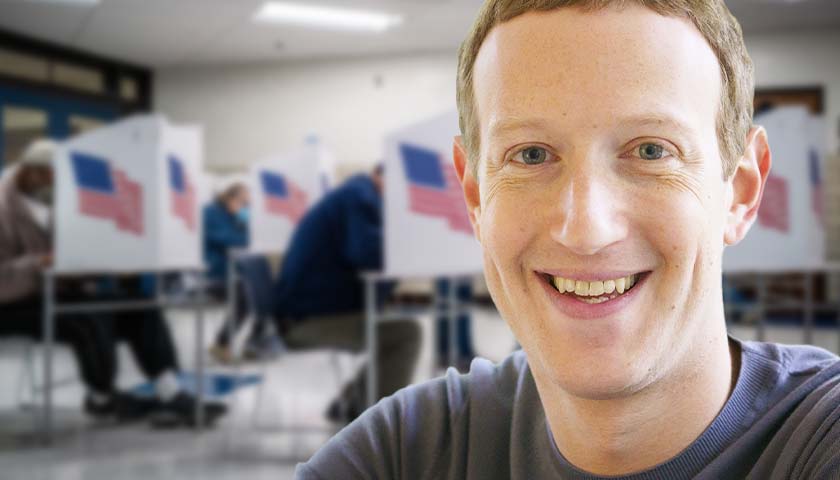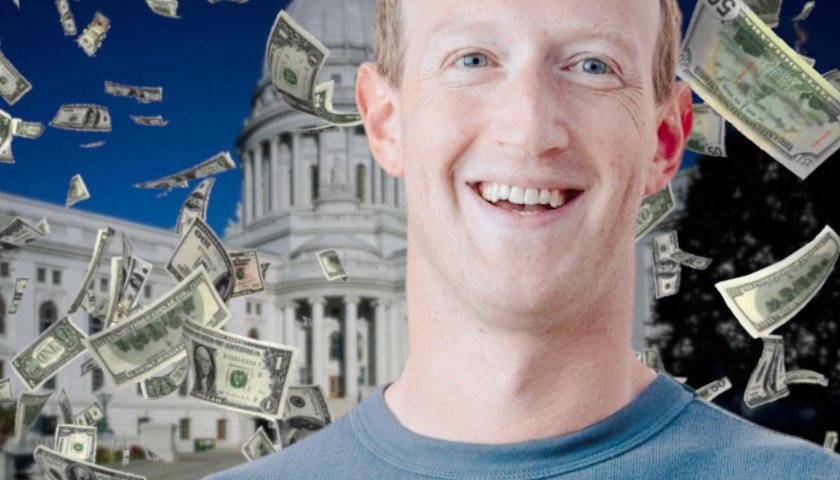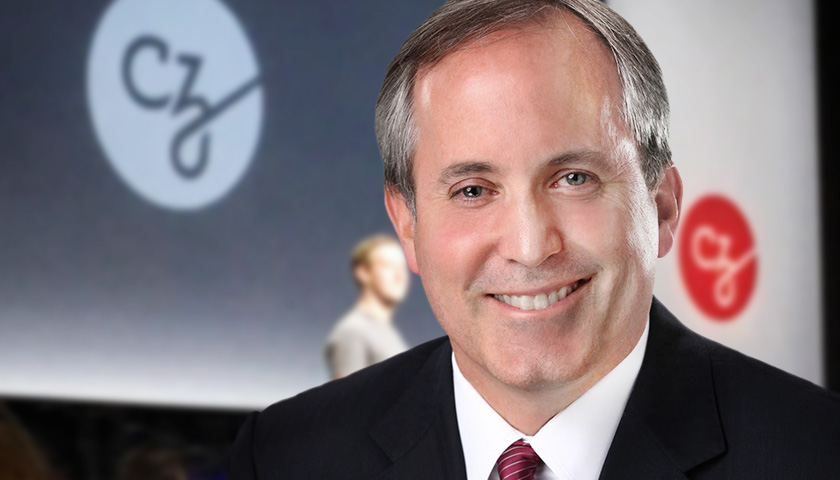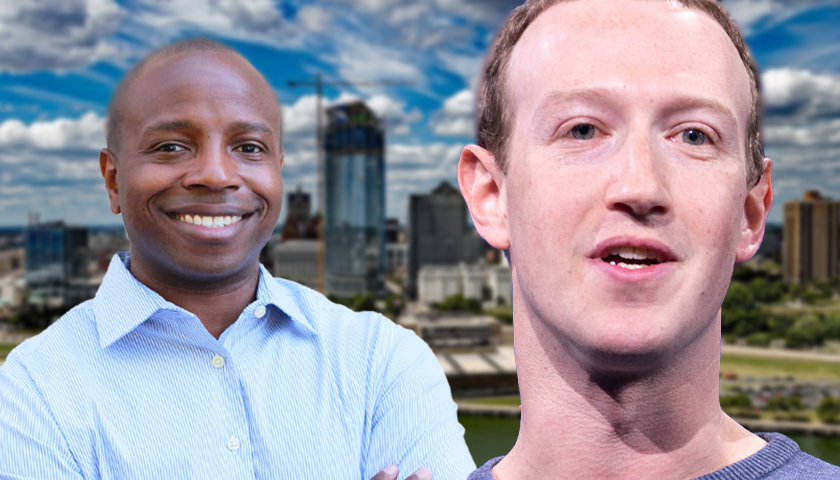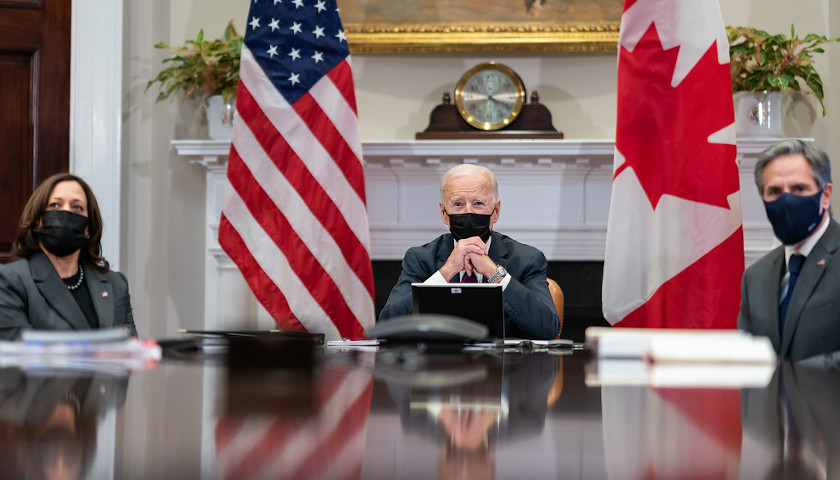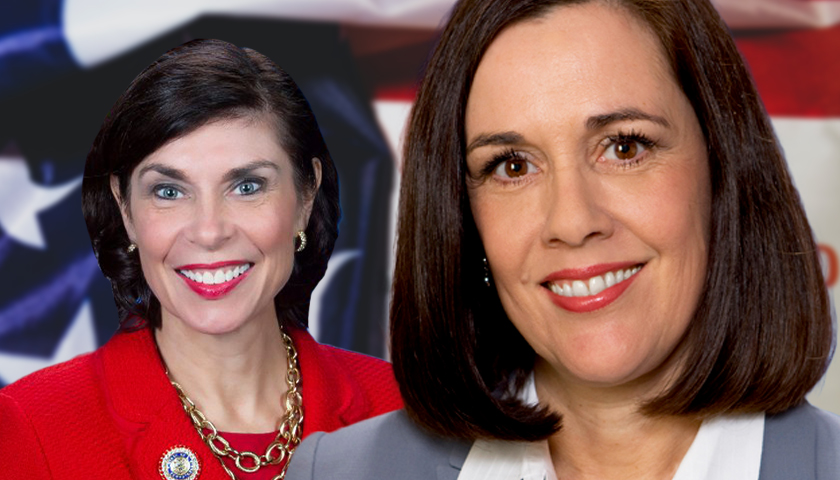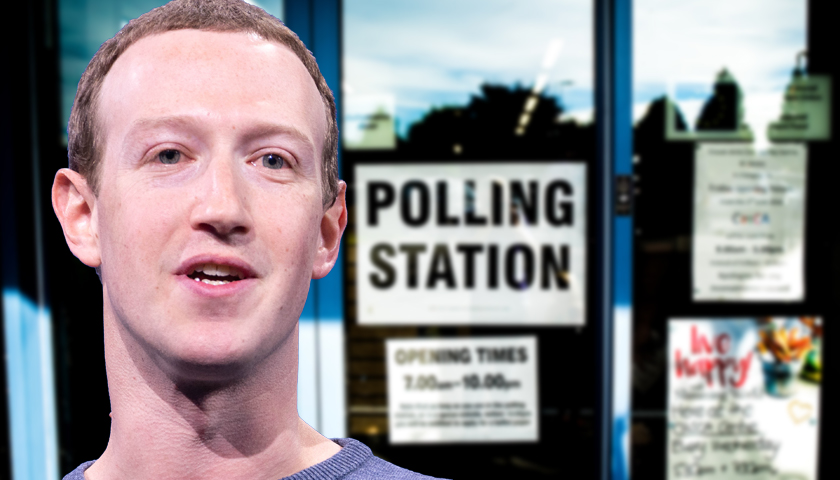The Center for Tech and Civic Life (CTCL) is pouring new election grant funding into rural areas in 20 states, after “Zuckerbucks” in the 2020 election sparked backlash across the country.
Read MoreTag: CTCL
Election Integrity Watchdog Recommends 14 Reforms for States to Improve Election Security
As the 2024 election cycle begins, the Honest Elections Project releases its report on 14 election reforms that states should make to protect the integrity of elections.
With the 2024 presidential primary elections underway, a bipartisan election integrity watchdog has released its updated report on election reforms that they say will help secure their elections. Some of these reforms have been considered or implemented in various states since the 2020 presidential election, during which there were numerous irregularities and inequities.
Read MoreCommentary: The Left’s Ridiculous Disinformation on Tainted Zuck Bucks
Anyone who’s followed the Mark Zuckerberg “Zuck bucks” story since 2020 has witnessed some spectacular acrobatics from the left.
First, it was denial that a partisan billionaire was trying to privatize the election in swing states. Then, when Democrats unseated President Trump, NPR and others praised Zuck bucks for “saving” the election. When the 2022 midterms came, the cry was for more private funding to “rehabilitate” democracy. Now the media’s latest stop: gaslighting the public into believing any criticism of leftist “dark money” is just conservative propaganda, rather than one of the worst election innovations of our time.
Read MoreTwo North Carolina Counties Withdraw from ‘Zuckerbucks’ Alliance as 2024 Election Cycle Begins
Two North Carolina counties left a Zuckerbucks nonprofit — where private money is injected into public election administration — as the 2024 election cycle began, citing time commitment as the reason for leaving.
Brunswick and Forsyth counties in North Carolina have left the U.S. Alliance for Election Excellence, a project of the Center for Tech and Civic Life (CTCL), after joining it last year.
Read MoreCommentary: Everyone Can Agree on Election Integrity
At first glance, some Americans could mistakenly conclude that election integrity safeguards are deeply unpopular. After all, liberal politicians and the mainstream media regularly denounce commonsense measures like photo ID laws and routine voter roll cleanups.
No matter what they claim or how loudly they claim it, these voices do not speak for the majority of Americans. As recent polling conducted by Honest Elections Project Action shows beyond all doubt, an overwhelming bipartisan majority of Americans embrace commonsense voting laws that make it easy to vote and hard to cheat.
Read MoreStates, Counties Clash over ‘Zuckerbucks’-Like New Sources of Private Election Funding
As “Zuckerbucks” — the injection of private money into public election administration — make a comeback, states and municipalities are clashing over whether the funds should be accepted or banned.
While many states and counties across the country have either restricted or banned the use of private money to fund public elections offices, a nonprofit with progressive Democrat ties that served as the key link in the 2020 Zuckerbucks funding chain is still finding loopholes in some counties as states seek to tighten up their laws.
Read MoreSocial Media Mogul Zuckerberg Funds Recruitment of Progressives to Administer Elections
The injection of private money into public election administration — or “Zuckerbucks” — is continuing in a new form, as left-leaning candidates are being recruited to run for local elections offices by an organization that receives funds from Facebook founder Mark Zuckerberg.
Read MoreZuckerbucks-Backed Group Back in Wisconsin
The liberal voting activist group that dumped $350 million of Facebook founder Mark Zuckerberg’s money on local election offices during the 2020 presidential election is back again with another $80 million to give over the next five years.
And Wisconsin once again will be front and center in the Center for Tech and Civic Life’s “generosity.”
Read MoreTexas AG Paxton Investigating Zuckerberg-Funded Nonprofit for Alleged Partisan Electioneering Efforts in 2020
Texas Attorney General Ken Paxton issued a Civil Investigative Demand to the Center for Tech and Civil Life (CTCL) as part of an investigation his office launched to determine whether it “solicited donations under the pretext of protecting voters from Covid-19 while instead using the funds to support partisan electioneering efforts or election oversight roles normally left to state and local officials.”
CTCL, a self-described non-partisan nonprofit organization, according to the bios posted on its own website and other records, “is led by individuals with distinctly partisan backgrounds,” the AG’s office says. CTCL’s founder and executive director, for example, Tiana Epps-Johnson, was among a group of inaugural Obama Foundation Fellows who previously was the Election Administration director for a progressive grassroots organization, the New Organizing Institute. She also worked on the Voting Rights Project for the Lawyers’ Committee for Civil Rights.
Read MoreMilwaukee Officials Face Zuckerberg-Related Election Bribery Lawsuit
Three Milwaukee, Wisconsin, officials face accusations of illegally taking “Zuck Bucks” to facilitate voting by purchasing absentee ballot drop boxes, among other things, according to a lawsuit filed by the Thomas More Society.
Read MoreCommentary: The ‘Blue’ Print for Zuckerberg’s Center for Technology and Civic Life’s Election Intervention in Wisconsin 2020
https://www.flickr.com/photos/timevanson/22568686460
Read MorePhill Kline Commentary: It’s Not Good When Public Officials Fear Transparency
Politics is getting in the way of government transparency, preventing the sort of accountability on which our governing institutions depend for maintaining public trust and legitimacy.
In Wisconsin and elsewhere around the country, public officials are steadfastly refusing to answer basic questions about their official conduct from the people’s elected representatives. These are not salacious questions about their personal conduct, or fishing expeditions designed to stir up political scandal. Legislators are merely seeking to better understand how appointed bureaucrats and elected officials administered the 2020 elections amidst a pandemic and an unprecedented, and in many cases unlawful, infusion of private monies into public election offices.
Pennsylvania’s Attorney General, for instance, has sued to block a legislative subpoena seeking voter information as part of an investigation of the state’s voter registration system, known as SURE. Even though there is ample precedent for disclosing this type of information, the AG’s lawsuit argues that it would violate citizens’ right to privacy, as though allowing lawmakers to access government records would automatically compromise the security of that information.
Read MorePennsylvania State Senators Legislating to Prevent Privatizing Election Administration
Pennsylvania lawmakers plan to introduce a measure banning private organizations from funding election administration in the Keystone State.
The bill’s sponsors, state Sens. Lisa Baker (R-Dallas) and Kristin Phillips-Hill (R-Jacobus) have cited the role that the Center for Tech and Civic Life (CTCL) played in election operations in Philadelphia and other Democratic-leaning counties in 2020. CTCL has been funded significantly by Facebook Chief Executive Officer Mark Zuckerberg.
Read MoreZuckerberg-Funded Group Spent over $30 Million in Texas in the 2020 Election
A report released Tuesday by the Public Interest Legal Foundation (PILF) revealed that the Center for Technology and Civic Life (CTCL), a group funded by Facebook founded Mark Zuckerberg, spent over $36 million in 14 urban counties in the state of Texas in an effort to influence the outcome of the 2020 election, according to Breitbart.
The report states that “Texas counties were given money to help shift voting to the mail and away from traditional procedures in Texas law. The large blue-leaning counties received huge sums to transform their elections,” while “smaller red counties did not receive anything close.” Among the initiatives that were pursued by this funding were “drive-thru voting, mail voting sorting assets, polling place rental expenses, and…voter education/outreach/radio costs.”
The county that most benefited from these funds was Dallas County, which received just over $15 million, followed by Harris County (where Houston is located) at $9.6 million. The remaining 12 counties all received less than $3 million.
Read More
